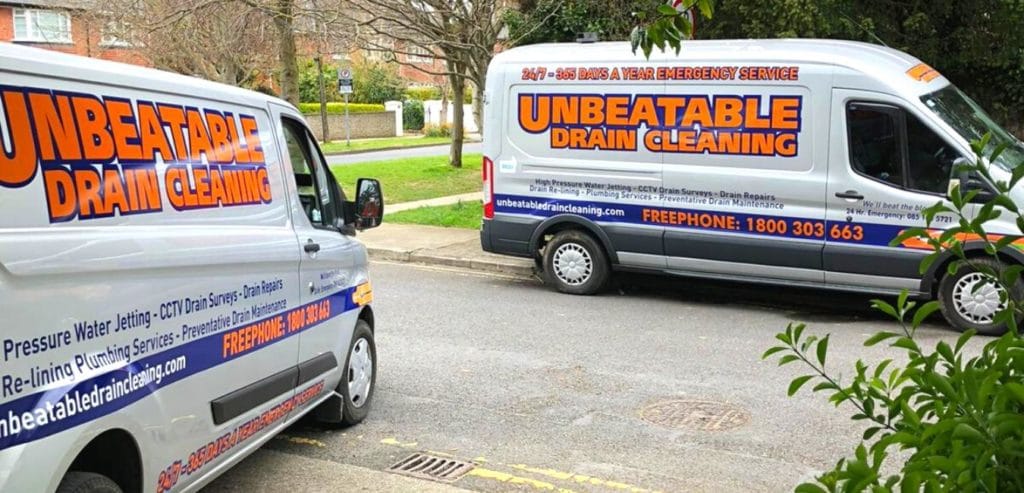
Drain Cleaning DOs and DON’Ts
Drain cleaning is always best left to professionals. There’s no surface-level methods you can use to get your drains working as well as they would if you used a professional drain cleaning service. However, there are steps you can take to care for your drains on a daily basis.
Drain maintenance is a case of “out of sight, out of mind”. As a result, we often don’t give our drains a second thought, until there’s an issue. Drainage emergencies are incredibly disruptive to your household, business or property.
Here are our top DOs and DON’Ts for looking after your drains and avoiding drain disasters:
DO
- Install a drain filter (often called a sink strainer) in all of your plugholes. This is one of the cheapest ways to prevent drain blockages. These act as a barrier to prevent anything from slipping down your plughole and clogging your drain. They can be used in the bathroom to prevent hair building up in pipes and in the kitchen to guard against food particles.
- Schedule regular drain cleaning. If we could see inside our drains, we’d have them cleaned more often. Having regular drain cleaning is the single best way to keep your drain flowing freely and to avoid any nasty surprises.
- Baby-proof your toilet. Over the years we have found a whole array of different objects blocking drains. Often, if a household has small children and they call us about an overflowing toilet, we’re already thinking we may find some toys in the pipes! Purchasing a lock for your toilet seat is an inexpensive way to avoid your children’s toys going swimming in the toilet. Overflowing toilets can cause extensive water damage in your home, and for the renters out there, loss of your security deposit.
- Book a CCTV Drain Inspection. This is a great way to diagnose the health of your drains and pipes. Our CCTV drain inspections give you a full report, including photos and videos, outlining the condition of your drainage system. These reports are invaluable for spotting issues such as tree roots intruding into your pipes, old unsanitary piping, connections and fittings which are broken, corroding or unfit for purpose. Catching problems early can save money and stress. Read our post 4 Benefits of CCTV Drain Inspections for more!

DON'T
- Don’t pour boiling water down your drain in an attempt to clear a blockage. Many people use this method as they have been told the heat will shift sticky drain-clogging substances such as grease or soap. However, if you have PVC pipes the sudden heat could cause the fixtures to loosen and possibly rupture. Also never pour boiling water into a porcelain sink as the heat may cause it to crack.
- Don’t use DIY drain cleaning solutions which are sold in supermarkets and DIY shops. These chemicals are extremely corrosive and will damage the structure of your pipes over time. They can also result in chemical burns and emit toxic fumes into your home.
- Don’t pour oil, grease or fats down your drains. Many people have grease buildup in the pipes from years of pouring grease down the drain. Once grease cools in your pipes it becomes solid, causing a wall of grease to build in your pipes and leaving water with nowhere to go.
- Don’t try to retrieve a blockage yourself. Never try to reach into your drains with a household object in the hopes of dislodging a blockage. You’re simply pushing the blockage further into the pipes and may cause a bigger problem. Especially if you drop the object in your drains. We’ve seen forks, knives, screwdrivers, all sorts of items sitting in drains after a failed attempt to reach a blockage DIY style! Call the professionals and save yourself from some dirty utensils.
